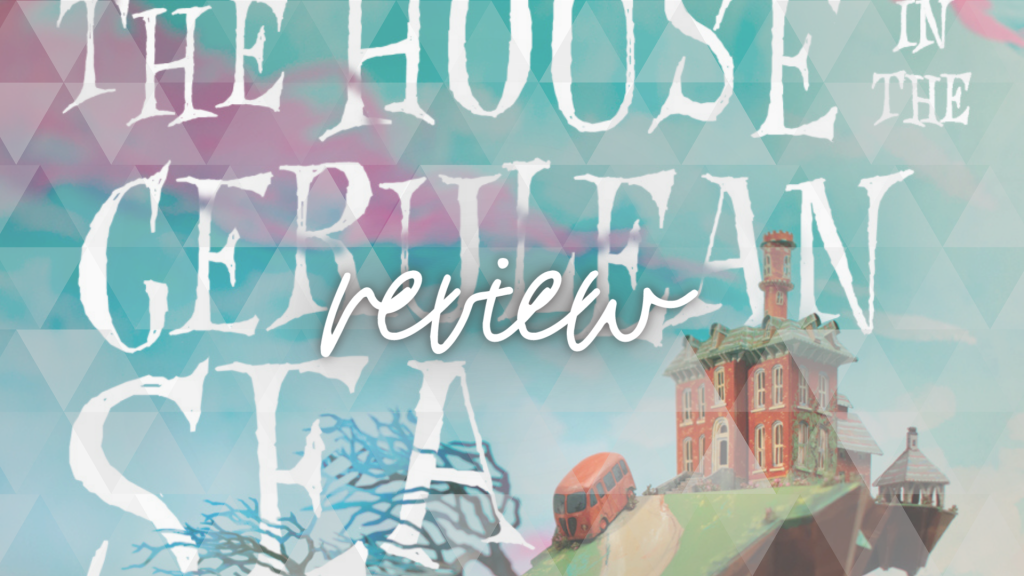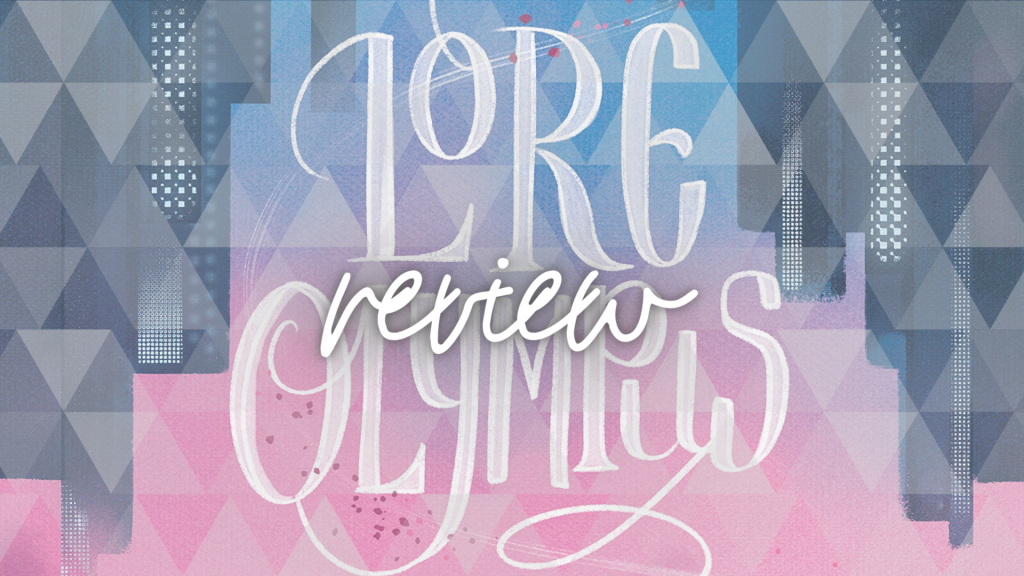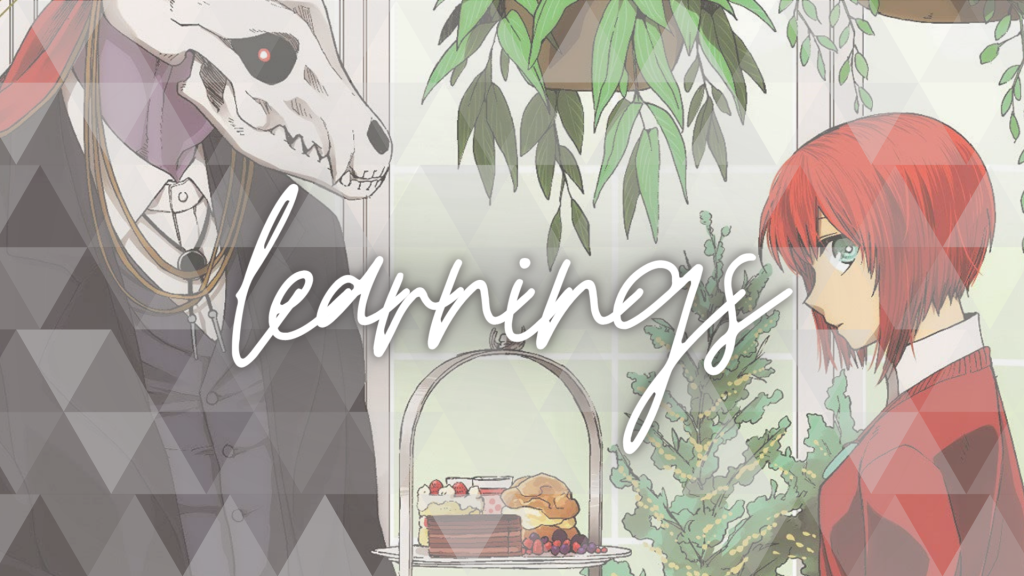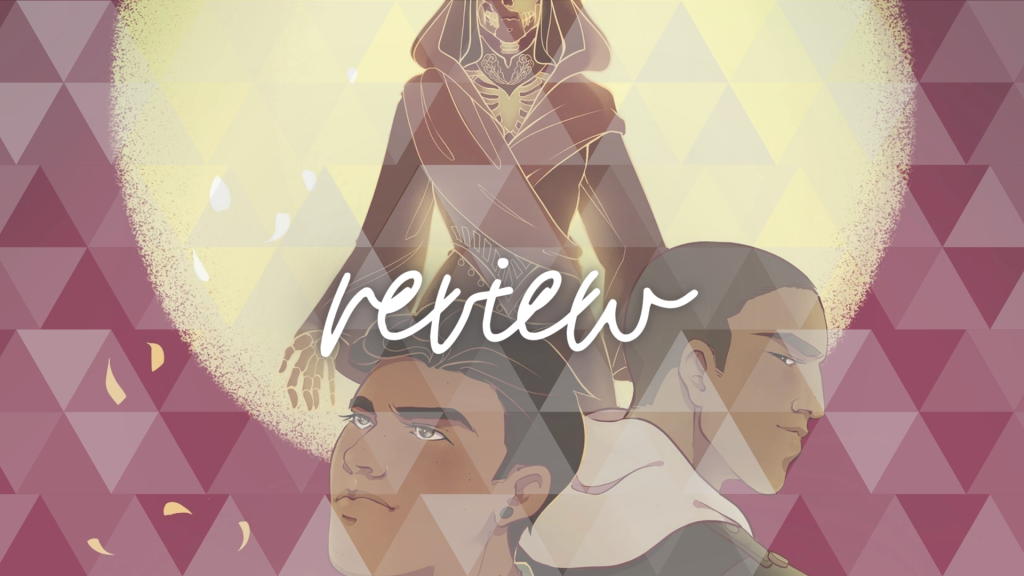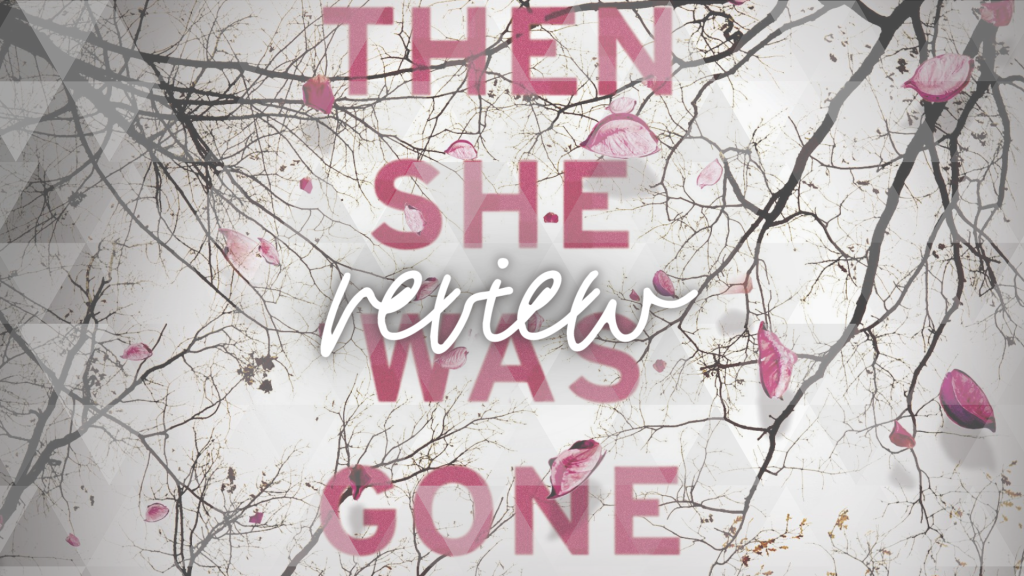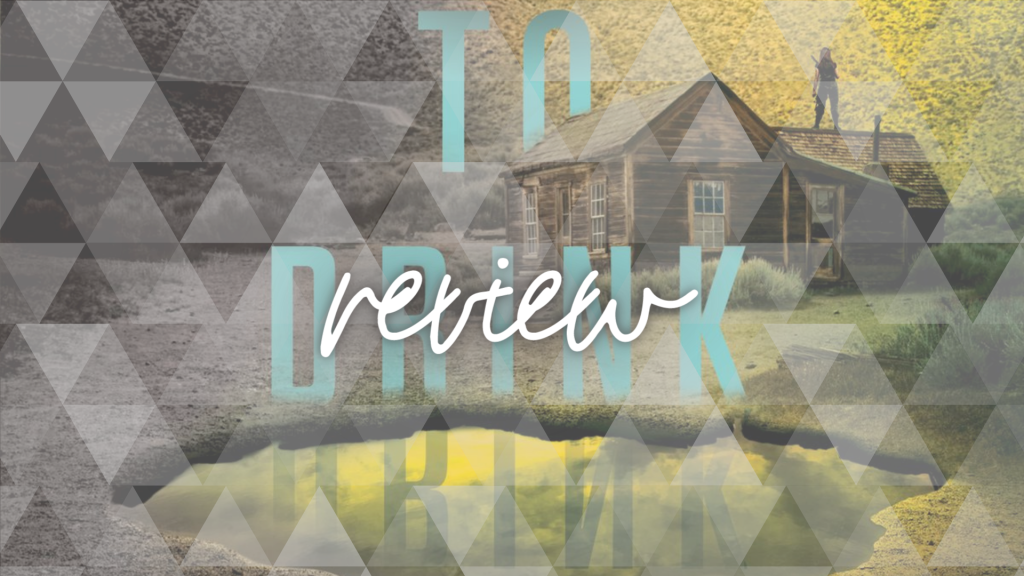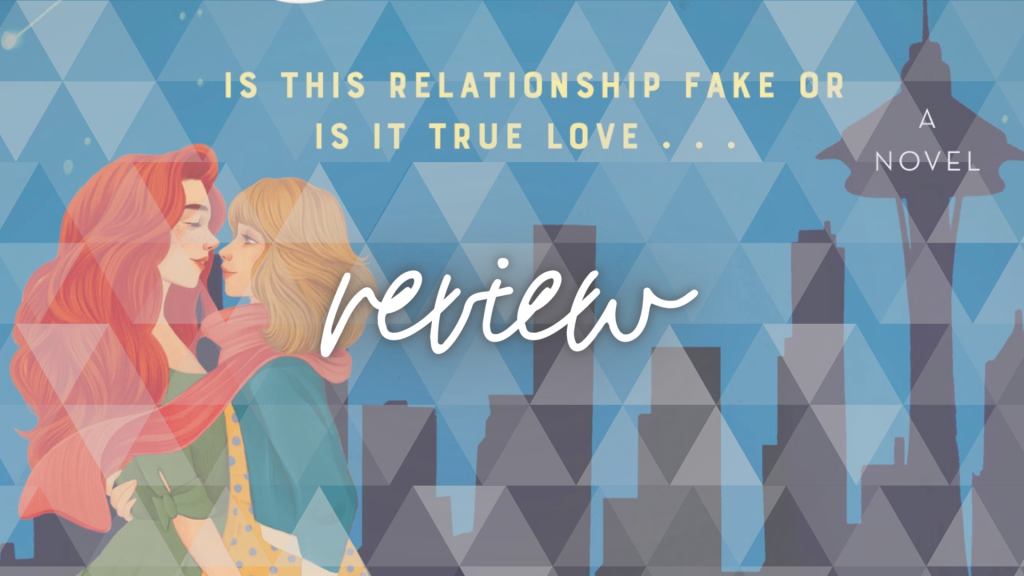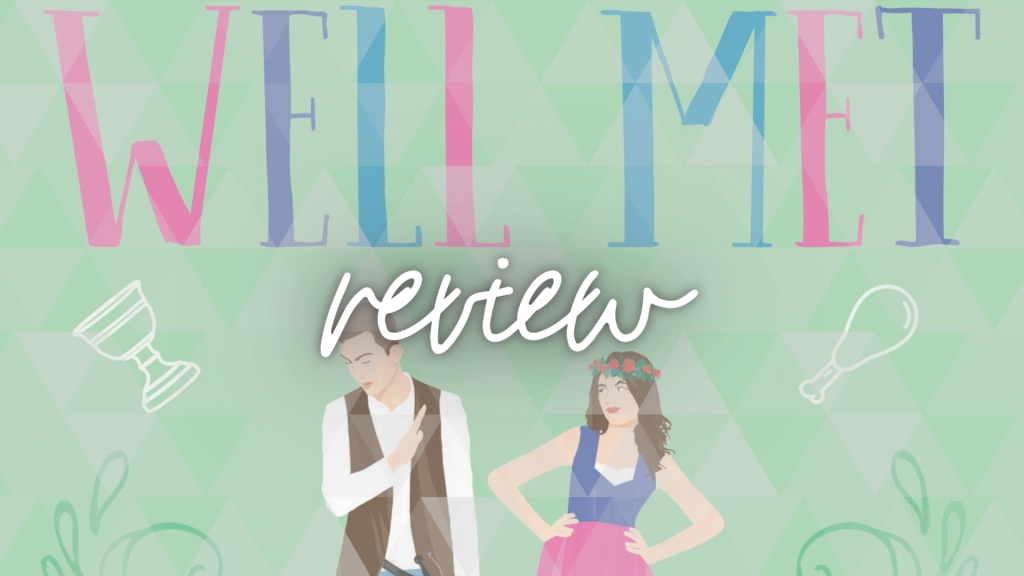
content | misogyny such as: domestic violence, sexual assault, parent to child abuse where the child is an adult; in my opinion restrictive eating and mental illness are used as devices; implications of ableism
my interpretation | I’ve noticed through other reviews and my memory of when this book was big on BookTube, that readers do not agree about the content of this novel, so I feel the need to explain how I interpreted it. For me, this story is some combo of unfunny satire, horror, and literary fiction. I took this story as a showcase of misogyny from the points of view of two men and one woman within a broader culture of misogyny. For me, Yeong-hye’s choice to become a vegetarian being wildly disrespected by everyone around her to the point that she is psychiatrically hospitalized and diagnosed with Schizophrenia and Anorexia is a metaphor for how this and most other societies do not abide by women having any ideological freedom. Add to that the ways she is raped, beaten, objectified, and imprisoned showing her absence of physical freedom as well.
visibility & plot | At first I thought it was too obvious and too simple, and I walked away from Part I thinking it’s another story I’ve read before, only to realize it’s not so much that the story is common but that this story is mine. Whether or not I’ve read this metaphor or allegory or whatever before doesn’t matter because this is what it feels like in this world for people labeled “woman”. The gaslighting of and male gazing upon Young-hye felt so familiar to me that I could have bet I’ve read this story before, only to reflect for days after reading that this story feels like home when your home is a haunted house, when the trappings of your perceived gender are that haunted house. I believe the story wasn’t in Young-hye’s perspective because the only way the narrative works is to objectify her. This works in an especially interesting way in her sister’s POV, the last one of the novel, which shows what it’s like to try to exist (survive?) in a misogynistic world.
I can’t speak to any of the portrayals of Korean culture, though I have a feeling there is a lot more in that regard to unpack and I’m looking forward to finding some reviews which I’ll link back here when I do.
reader health | I believe Young-hye’s diagnoses of Schizophrenia and Anorexia are meant as devices to show the reader how women who think outside the box are classified as disordered. I think the author is challenging us to consider why the world around Young-hye is quick to want to change, punish, or “treat” her. There is even a moment when Young-hye makes some pretty “adult” decisions, and I’m being vague here to avoid spoilers, to which another adult responds by basically saying “she’s crazy, she can’t make these decisions”, taking away her autonomy once again if she ever had it to begin with. This book is a challenging experience, which triggered me and haunted me for weeks, but I believe this is all done intentionally and skillfully by the author. I believe the trauma of reading this novel is the same as the trauma of experiencing everyday life as a person labeled “woman”.
education | Judging by the many reviews of this book I’ve read recently, I’m struggling between feeling disappointed that some folks didn’t understand it and feeling significantly less disappointed that the author didn’t make it more clear. Ultimately, I believe this is the kind of work it would be excellent to dissect in a classroom or for a project. It doesn’t tell you what to think, but it sure gives you a ton of information to work with.
characters | Yeong-hye is wildly important to me. I’ve read some reviews saying they wish the novel was written from her point of view and while I relate to the love there, I don’t think the messages could be delivered that way.
writing style | This was up my alley entirely because of the satire-esque and literary horror elements. I will definitely be reading more from this author.
entertainment/pleasure | Again, I was a little bored in the beginning, until my brain caught up. This work is more enjoyable to read in the way other interesting and challenging works are. I imagine I’ll read it again and take thorough notes next time.
etc. | I rated it ⭐⭐⭐⭐⭐; add to tbr?
